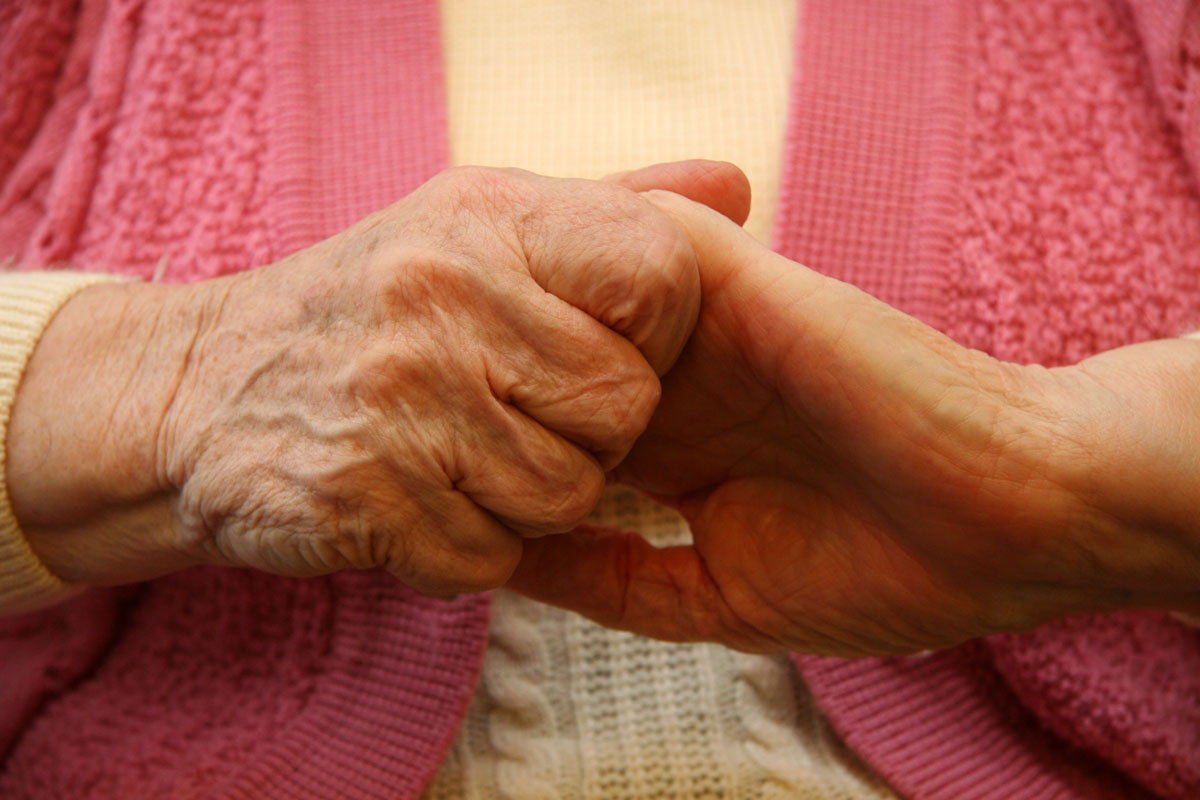speech therapy
The type and degree of impairment is different for each individual. Communication disorders affect the whole family. I use a holistic approach to adult speech therapy that includes the stroke survivor and their family.
I use a holistic approach that includes the stroke survivor and their family.
Packages and Pricing

Evaluation Session
In most situations, by the time a stroke survivor pursues private adult speech therapy, a formal assessment has been completed by a Speech-Language Pathologist. I dedicate the Evaluation Session to building rapport, determining the nature and severity of the problem, establishing a baseline of language skills and uncovering each individual’s communication needs and priorities.
- Background information
- Travel to you for 1 x 75 minute session
- Receptive language evaluation
- Expressive language evaluation
- Functional communication evaluation
- Written summary
On completion of the Evaluation Session session, you will have a clear understanding of your communication strengths and weaknesses, achievable and meaningful communication goals, and a plan of action.
Your Investment: $410

Therapy Sessions
Following your Adult Speech Therapy Evaluation Session, Therapy sessions are available in comprehensive 8 session packages.
- Travel to you for 8 x 45 minute sessions
- Session Planning
- Support for homework exercises
- Ongoing evaluation
- Short phone calls and emails
Your Investment: $1,680
Any additional services, including but not limited to: meetings, conferences, consultation or reports are available at a rate of $160 per hour.
FAQ
Aphasia is a communication disorder that results from damage to the parts of the brain that control language. The most common cause of aphasia is stroke. Approximately 25-40{a3c87b1e05b299119f1d4bbd64cf458c711a7ad1f544f81d95701a267500b8d7} of stroke survivors live with aphasia. Aphasia can also result from a head injury, brain tumor or other neurological causes.
Currently there is no known “cure” for aphasia. Speech therapy will help the aphasic adult utilize and build on their retained skills and also learn complementary methods of communicating.
If the symptoms of aphasia last longer than two or three months after a stroke, a complete recovery is unlikely. Some adults with aphasia continue to improve their communication skills over the years and even decades. Rate and degree of improvement is unique for each individual.
Therapy usually involves training and development of new skills. Therapy may include activities to support speaking, listening, reading, writing and alternate methods of communication (such as gestures, drawing or use of electronic devices). A Speech Therapist will also counsel the aphasic adult and their family about the nature of aphasia and offer recommendations and training to support more successful interactions.